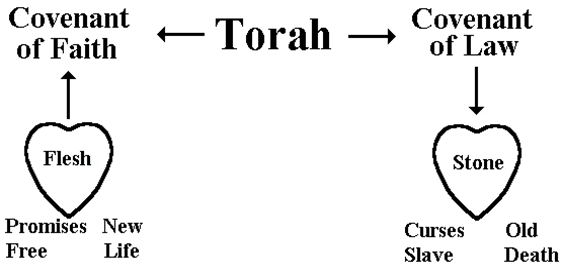But as touching the resurrection of the dead, have ye not read that which was spoken unto you by God, saying, (ASV, Matthew 22:31)
While the word "resurrection" does not appear in English translations of the Tanakh (Old Testament), it does appear in the New Testament as a translation for the Greek word αναστασις (anastasis, Strong's #386). This noun is derived from the word ανιστημι (anistemi, Strong's #450), which means "to stand up" or "to rise up." This Greek word appears once in the Septuagint, a 2,000 year old Greek translation of the Hebrew Bible.
And behold I establish [in the sense of something standing firm] my covenant with you, and with your seed after you, (LXE, Genesis 9:9)
In the Peshitta, a 5th Century Aramaic New Testament, the word used for "resurrection" in the verse above is the word קימתא (q'yam'ta). This Aramaic word translates into Hebrew as תקומה (tequmah, Strong's #8617).
In Modern Hebrew, the word for "resurrection" is תקומה (tequmah), the same word from the Peshitta. This word is derived from the verbal root קום (Q.W.M, Strong's #6965) meaning "to stand up" or "to rise up." The word תקומה (tequmah) is found once in the Hebrew Bible.
And they shall stumble one upon another, as it were before the sword, when none pursueth: and ye shall have no power to stand before your enemies. (ASV, Leviticus 26:37)
From all of this, we can gather that the ancient understanding of the "resurrection of the dead," is the "rising up of the dead, or more literally, the "standing up of the dead."
Like what you’re discovering? Continue the journey from Bible reader to translator.
|







